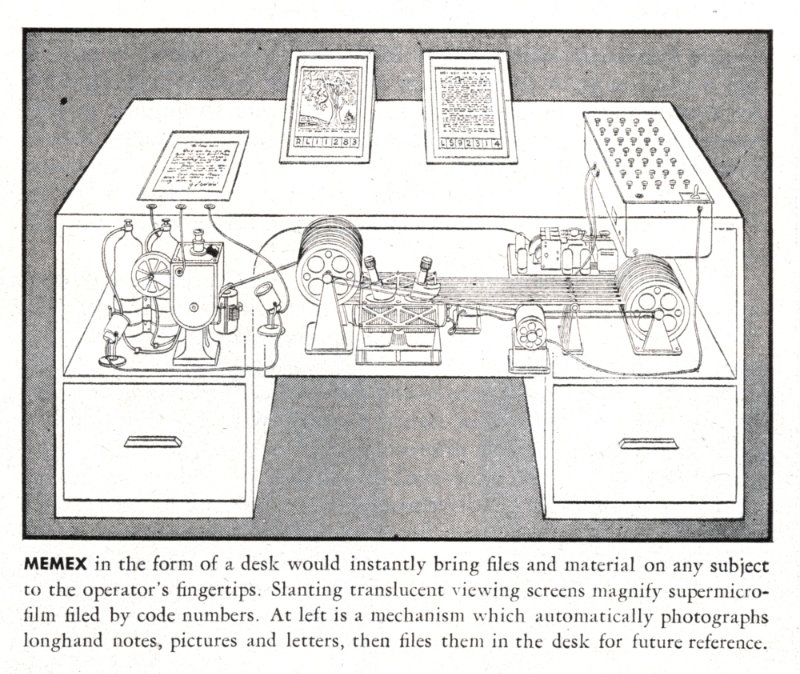Trevor Pinch, Karin Bijsterveld (eds.): The Oxford Handbook of Sound Studies (2011)
Filed under book | Tags: · acoustics, computing, data visualisation, electronic music, field recording, game studies, hip hop, listening, medicine, music, noise, perception, phonograph, radio, science, sonification, sound, sound design, sound recording, sound studies, vision

“Written by the leading scholars and researchers in the emerging field of sound studies, The Oxford Handbook of Sound Studies offers new and fully engaging perspectives on the significance of sound in its material and cultural forms. The book considers sounds and music as experienced in such diverse settings as shop floors, laboratories, clinics, design studios, homes, and clubs, across an impressively broad range of historical periods and national and cultural contexts.
Science has traditionally been understood as a visual matter, a study which has historically been undertaken with optical technologies such as slides, graphs, and telescopes. This book questions that notion powerfully by showing how listening has contributed to scientific practice. Sounds have always been a part of human experience, shaping and transforming the world in which we live in ways that often go unnoticed. Sounds and music, the authors argue, are embedded in the fabric of everyday life, art, commerce, and politics in ways which impact our perception of the world. Through an extraordinarily diverse set of case studies, authors illustrate how sounds — from the sounds of industrialization, to the sounds of automobiles, to sounds in underwater music and hip-hop, to the sounds of nanotechnology — give rise to new forms listening practices. In addition, the book discusses the rise of new public problems such as noise pollution, hearing loss, and the “end” of the amateur musician that stem from the spread and appropriation of new sound- and music-related technologies, analog and digital, in many domains of life.”
Publisher Oxford University Press, 2011
ISBN 0199995818, 9780195388947
624 pages
Reviews: John F. Barber (Leonardo, 2012), Bruce Johnson (Popular Music, 2013), William Cheng (Journal of the American Musicological Society, 2014).
Comment (0)Alex Potts: Flesh and the Ideal: Winckelmann and the Origins of Art History (1994)
Filed under book | Tags: · antiquity, archaeology, art, art history, art theory, biography, enlightenment, sculpture

“Johann Joachim Winckelmann (1717-1768), one of the most important figures ever to have written about art, is considered by many to be the father of modern art history. This book is an intellectual biography of Winckelmann that discusses his magnum opus, History of the Art of Antiquity, in the context of his life and work in Germany and in Rome in the eighteenth century.
Alex Potts analyzes Winckelmann’s eloquent account of the aesthetic and imaginative Greek ideal in art, an account that focuses on the political and homoerotic sexual content that gave the antique ideal male nude its larger resonance. He shows how Winckelmann’s writing reflects the well-known preoccupations and values of Enlightenment culture as well as a darker aspect of Enlightenment ideals–such as the fantasy of a completely free sovereign subjectivity associated with Greek art. Potts explores how Winckelmann’s historical perspective on the art of antiquity both prefigures and undermines the more strictly historicizing views put forward in the nineteenth century and how his systematic definition of style and historical development casts a new light on the present-day understanding of these notions. According to Potts, Winckelmann goes well beyond the simple rationalist art history and Neoclassical art theory with which he is usually associated. Rather, he often seems to speak directly to our present awareness of the discomforting ideological and psychic contradictions inherent in supposedly ideal symbolic forms.”
Publisher Yale University Press, 1994
ISBN 0300087365, 9780300058130
302 pages
via satranc112
Reviews: Christopher Reed (Journal of the History of Sexuality, 1996)
Dorothy Johnson (Eighteenth-Century Studies, 1996)
PDF (27 MB)
Comment (0)James Nyce, Paul Kahn (eds.): From Memex to Hypertext: Vannevar Bush and the Mind’s Machine (1991)
Filed under book | Tags: · book, computing, history of computing, history of technology, hypertext, reading, technology, writing
“Vannevar Bush, the engineer who designed the world’s most powerful analog computer, envisioned the development of a new kind of computing machine he called Memex. For many computer and information scientists, Bush’s Memex has been the prototype for a machine to help people think.
This volume, which the editors have divided into sections on the creation, extension, and legacy of the Memex, combines seven essays by Bush with eleven others by others that set his ideas within a variety of contexts. The essays by Bush range chronologically from the early “The Inscrutable Thirties” (1933), “Memorandum Regarding Memex” (1941), and “As We May Think” (1945), to “Memex II” (1959), “Science Pauses” (1967), “Memex Revisited” (1967), and a passage from “Of Inventions and Inventors” (1970). Bush’s essays are surrounded by four chapters that place his changing plans for the Memex within his career and within information technology before digital computing.”
Contributors include Larry Owens, Colin Burke, Douglas C. Engelbart, Theodor H. Nelson, Linda C. Smith, Norman Meyrowitz, Tim Oren, Gregory Crane, and Randall H. Trigg.
Publisher Academic Press, San Diego and London, 1991
ISBN 0125232705, 9780125232708
367 pages
via Marcell Mars, in the Unlimited Edition
Memex animation (1995)
Review (George P. Landow, The Journal of Computing in Higher Education, 1992)
Review (Matthew Wall, College & Research Libraries, 1992)
Review (Liam Murray, ReCALL, 1993)


